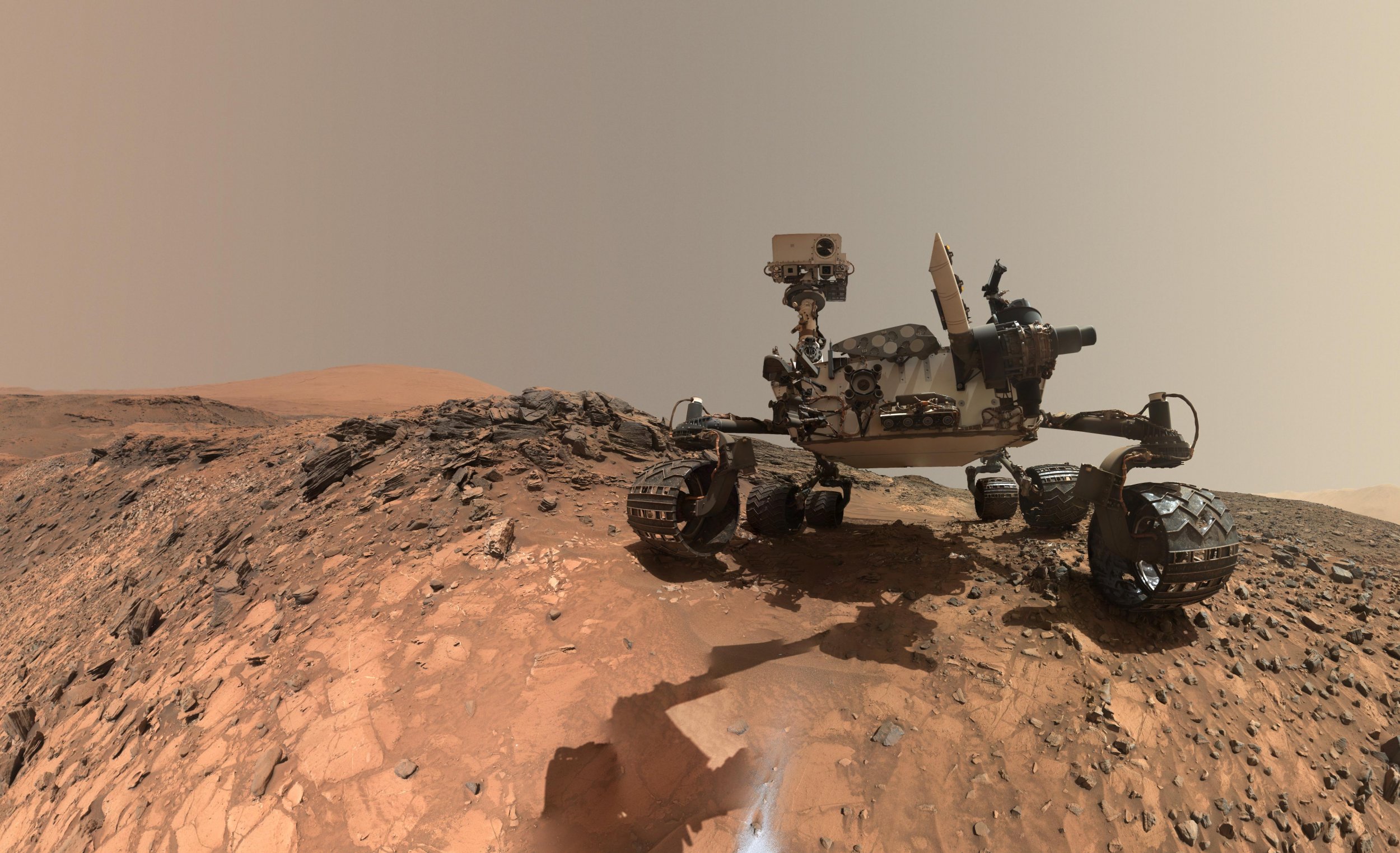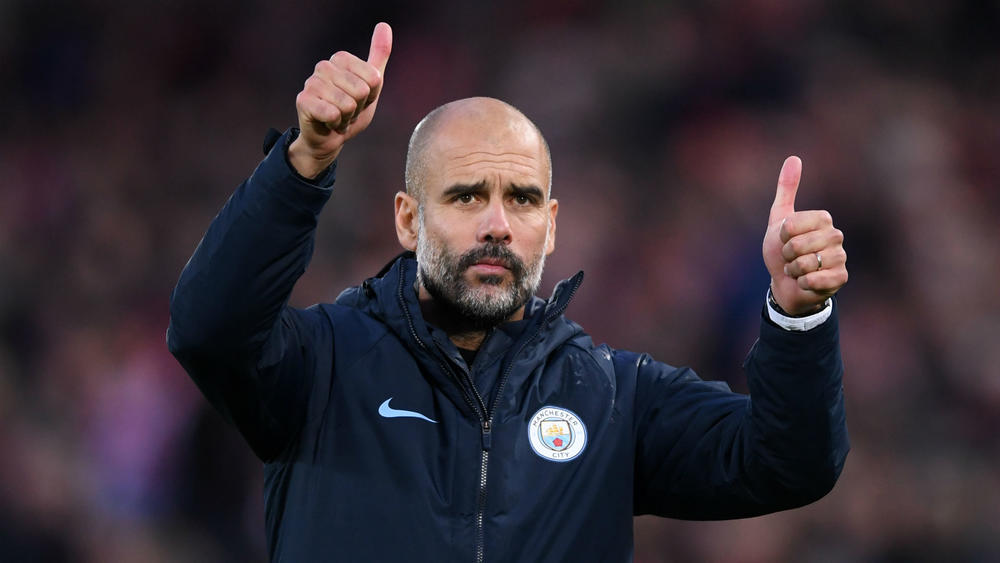
- Select a language for the TTS:
- UK English Female
- UK English Male
- US English Female
- US English Male
- Australian Female
- Australian Male
- Language selected: (auto detect) - EN
Play all audios:
If you asked a senior executive of any prominent American Big Tech firm what was the most stupid business decision in the history of Silicon Valley, most of them would say it was the firing
of Steve Jobs from Apple in 1985. This is — of course — because Jobs later returned in 1996 and transformed Apple, setting it on the path to becoming what is now, measured by market
capitalisation, the world’s largest company. The second coming of Jobs seems to be conclusive proof of how stupid the firing in 1985 was. It is also one of the reasons why, over the last
twenty-five years, Silicon Valley has revered founders of tech companies and vested so much power with them. Except that something is missing in this narrative. The truth is that Jobs almost
certainly succeeded at Apple after 1997 precisely because he had been fired. Had he not been fired in 1985, he would not have gone away and come back a better executive and tech visionary.
Had he stayed at Apple in 1985, he would undoubtedly have fallen foul of what I term the “Henry Ford syndrome”. The Henry Ford syndrome describes the phenomenon where a business leader
becomes steadily less effective over time, due to the untrammelled power and influence they accrue. Their initial success only feeds their belief that they can do no wrong and don’t need to
listen to outside voices. It is the business version of Lord Acton’s dictum: “Power tends to corrupt, and absolute power corrupts absolutely.” In the case of Ford, not only did he pioneer
the motor car, with his mass-market Ford Model T, but also its efficient manufacture, with the revolutionary assembly line production associated with his name. Yet as his long reign at the
Ford Motor Company progressed, his behaviour became more dictatorial and erratic. His opposition to innovation and the purchasing of cars on credit allowed GM to overtake Ford as the largest
car maker in the United States. Most tragic of all, his harassing of his son and nominal successor, Edsel Ford, probably contributed to Edsel’s death at 49 from cancer. It took Henry Ford
around twenty years to transform himself from a visionary businessman with outside investors into a business tyrant, with no check upon him. This is a relevant time period, as we see the
maturing of Big Tech. Meta, aka Facebook, is 19 years old this year. Mark Zuckerberg has guided it to being one of the biggest and most influential companies on the planet, one of a duopoly
— with Google — that dominates online advertising. He also successfully managed the transition of Facebook to smart phones. Yet in the last year Meta has lost 60 % of its market value. Huge
spending on his pet project, the Metaverse, the maturing of the online advertising market and the rise of Tik Tok have all taken their toll. While shareholders are undoubtedly unhappy, due
to the share structure of Meta, which gives Zuckerberg total control, he can cheerfully ignore everyone and continue spending billions on developing the Metaverse. Then there is Elon Musk
and Twitter. Musk’s defenders point out that with Space X and Tesla, both have teetered on the edge of collapse, only to come good in the end and propel Musk to become the world’s richest
man in 2022. Yet Twitter is not an engineering firm but a social media platform, beloved of the media, for which Musk has paid $44 billion dollars. The concern that Musk is spending too much
time and money on Twitter has weighed on the Telsa share price and demoted Musk to the second richest man on the planet. Musk’s legion of fans say he will prove everyone wrong and turn
Twitter into a profitable bastion of free speech. Time and debt repayment dates will tell. In the end Silicon Valley needs to stop believing its own hype and remember that, no matter how
visionary founders are, they are still human. They are prone to the human failing of hubris. In the case of Steve Jobs, his early death from cancer in 2011 robbed us of the chance to see if
he would have defied Henry Ford syndrome at Apple. My guess is that not even Jobs could have done that. Sadly, we will never know. A MESSAGE FROM THEARTICLE _We are the only publication
that’s committed to covering every angle. We have an important contribution to make, one that’s needed now more than ever, and we need your help to continue publishing throughout these hard
economic times. So please, make a donation._










